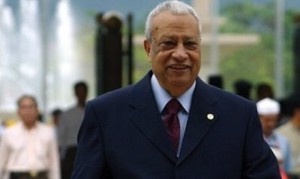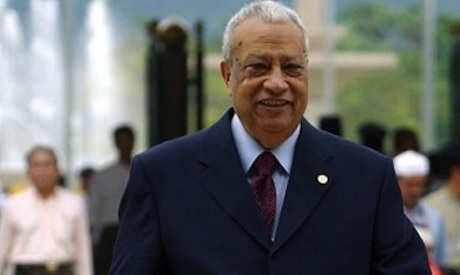
Following years of being outside of the state’s purview and allegations of corruption, The Central Bank of Egypt (CBE) has agreed to formally ratify the Arab International Bank (AIB) as a public legal entity subject to the CBE’s rules, regulations and monitoring.
The AIB had previously operated outside the jurisdiction of the CBE, and as such, enjoyed several privileges, such as immunity from nationalisation and exemption from all forms of taxes. Several lawsuits recently filed with the attorney general, allege that AIB aided corrupt businessmen in transferring their wealth abroad. The lawsuits called for the freezing of accounts,pending investigations. Most requests for freezing several AIB bank accounts were approved, cementing its status in the public eye as a dubious banking institution.
This comes in the wake of an announcement by the AIB that it would implement a strategic plan to transform into a general bank, offering all the regular bank services for individuals and businesses, in exchange for being allowed to deal in Egyptian currency, which it could not previously do.
The AIB has slowly accumulated accusations of corruption and criminal activity, or at least being an accomplice to it. Since Egyptian law prohibits the prevention of money transfers except by court mandate, the AIB gained a reputation for being a haven for disreputable businessmen seeking to squirrel away illegal profits or transfer them abroad.
Adding to its already-spotty reputation was the dismissal of its former Chairman, Atef Ebeid, by former interim Prime Minister Essam Sharaf. The dismissal was followed by his imprisonment on charges of squandering public funds. The charges were unrelated to the operations of AIB, but minor details like that were lost in the wave of anticorruption sentiment that swept Egypt during the uprising.
Accusations of catering to shadowy big businessmen or ministers have been made before, during Ebeid’s time as chairman. His response at the time was an immediate denial, stating that the vast majority of its balance came from small depositors.
AIB’s long term and short term currency ratings have been downgraded by Capital Intelligence (CI), the international credit rating agency, a phenomenon that has repeated itself in Egypt’s biggest banks such as the National Bank of Egypt and Banque Misr.
Since then, the AIB appears to be working to integrate itself into the regular Egyptian banking community, making concessions in its exclusive taxfree status in order to handle Egyptian currency.
Not everyone is as optimistic about the bank’s future. “There is and there will always be a conflict of interest with this bank,” says Ahmed Adam, a banking expert. “They had a very weak external customer base, just the few ‘valued customers’. And there is also a conflict of interest because a lot of the investments in [AIB] come from people with the Central Bank.”
The AIB was formed in 1974 by five Arab sovereignties as an Egypt-based offshore banking unit. Principal shareholders are Egypt and Libya with 38.76 percent shareholding respectively and Abu Dhabi with 12.503 percent.


